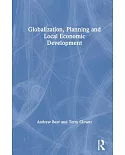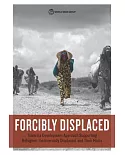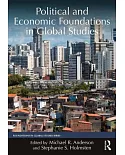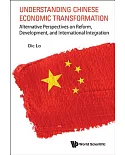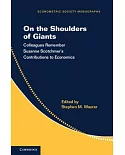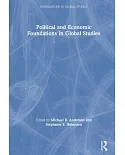"In 2002 the International Labour Organization issued a report titled Decent work and the informal economy in which it stressed the need to ensure appropriate employment and income, rights at
work, and effective social protection in informal economic activities. Such a call by the ILO is urgent in the context of countries such as India, where many workers are engaged in informal
economic activities, and where expansion of informal economic activities is coupled with deteriorating working conditions and living standards. This book explores the informal economic activity
of India as a case study to examine typical requirements in the work-lives of informal workers, and to develop a means to institutionalise the promotion of these requirements through labour
law. Drawing upon Amartya Sens theoretical outlook, the book considers whether a capability approach to human development may be able to promote the recognition of a specific category of
informal workers in India, integrating specific informal workers within a range of other social partners including state and non-state institutions. While examining the viability of a human
development based labour law in an Indian context, the book also suggests how the proposals put forth in the book may be relevant for informal workers in other developing countries. This
research monograph will be of great interest to scholars of labour law, informal work and workers, law and development, social justice, and labour studies"--


